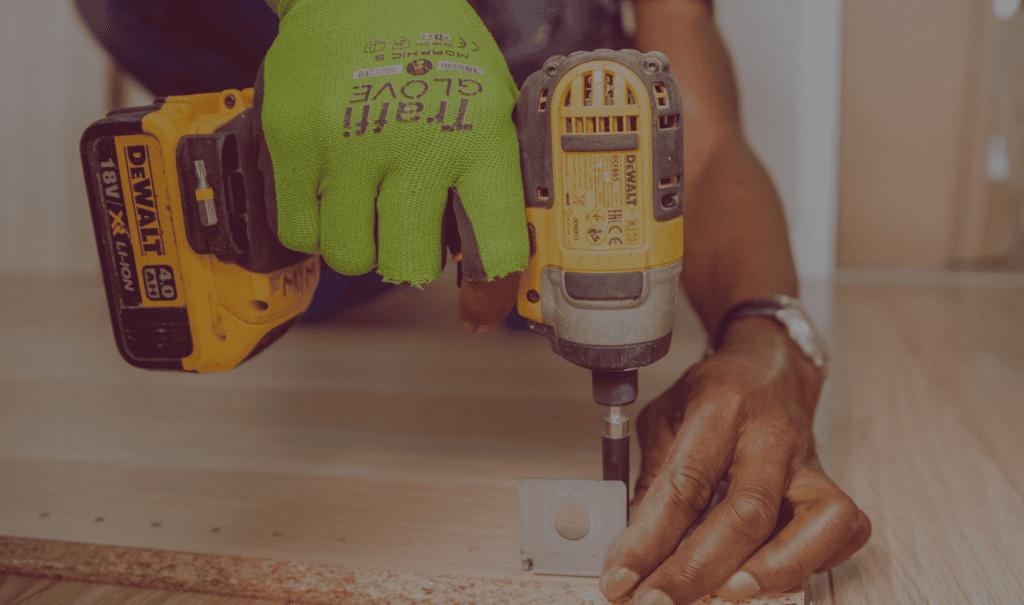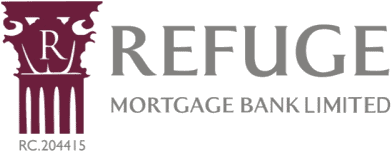How to access the National Housing Fund (NHF) Loan

WHO CAN APPLY Any Nigerian above the age of 18 The applicant must be a contributor to the National Housing Fund for a minimum period of six months. The applicant must have satisfactory evidence of a regular flow of income to guarantee loan repayment. PURPOSE The loan shall be for the purpose of building, purchasing […]
Mortgage Refinancing and its Benefits

Refinancing your mortgage can help you save money (or at least lower your payments), but sometimes it’s just an expensive mistake. If you’re considering refinancing, study up before you pull the trigger. What is Mortgage Refinancing? A refinancing transaction happens when you swap out an old loan for a new (ideally better) one. Your new […]

